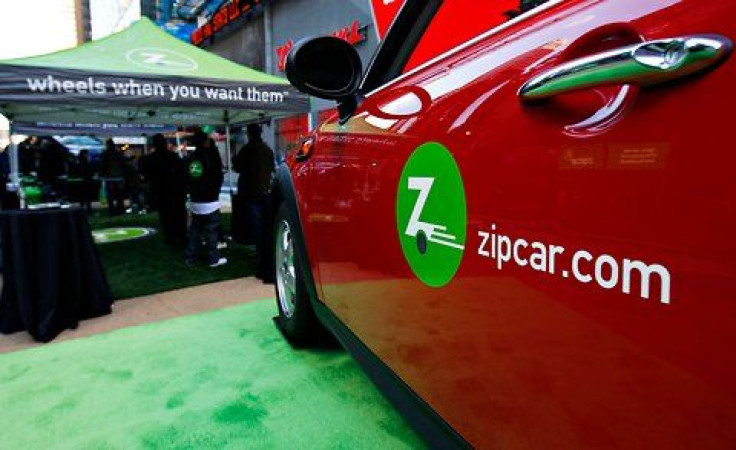Membership To Carsharing Services Such As Zipar, Stadtmobil And Hertz On Demand Seen Reaching 12 Million Globally By 2020

No wonder the major players in the car rental industry are taking notice.
The number of drivers using short-term car rental services, known as carsharing, is expected to grow to 12 million globally over the next six years, according to a new report from Navigant Research.
The revenue produced by then should grow to $6.2 billion in 2020 from the current $1 billion, the Chicago-based global consulting firm estimates.
“Carsharing is viewed by both public and private entities as a powerful tool to reduce urban congestion and lower emissions of greenhouse gases,” said Lisa Jerram, senior research analyst with Navigant Research, in a statement announcing the report late last month.
It’s the green angle that has piqued the interest of nonprofit municipal car sharing, especially in California, which has long striven to be the most environmentally conscious state in the U.S. Last week Toyota announced it donated 30 Scoin iQ electric city cars to California’s City CarShare program in the city of Pleasanton, in part to get people a chance to test-drive the vehicle developed with carsharing in mind. Programs like City CarShare offer cheap hourly rates in urban locations with stations distanced within an electric city car’s per-charge range.
The concept of short-term car rental dates back to late 1940s Zürich and remained a wholly European phenomenon until the 1980s, when small experiments in nonprofit car sharing started showing up in the United States and Canada.
But it wasn’t until Antje Danielson and Robin Chase founded Zipcar in 2000 that the corporate world began to take notice. By 2008, major players in traditional car rentals began to invest in membership-driven short-term renting and today Hertz, U-Haul, Avis and Enterprise, the top car rental players, all offer carsharing. Zipcar, which was acquired in January by Avis Budget Group Inc. (NASDAQ:CAR) is the leader in the carsharing business with about 810,000 members.
© Copyright IBTimes 2024. All rights reserved.












